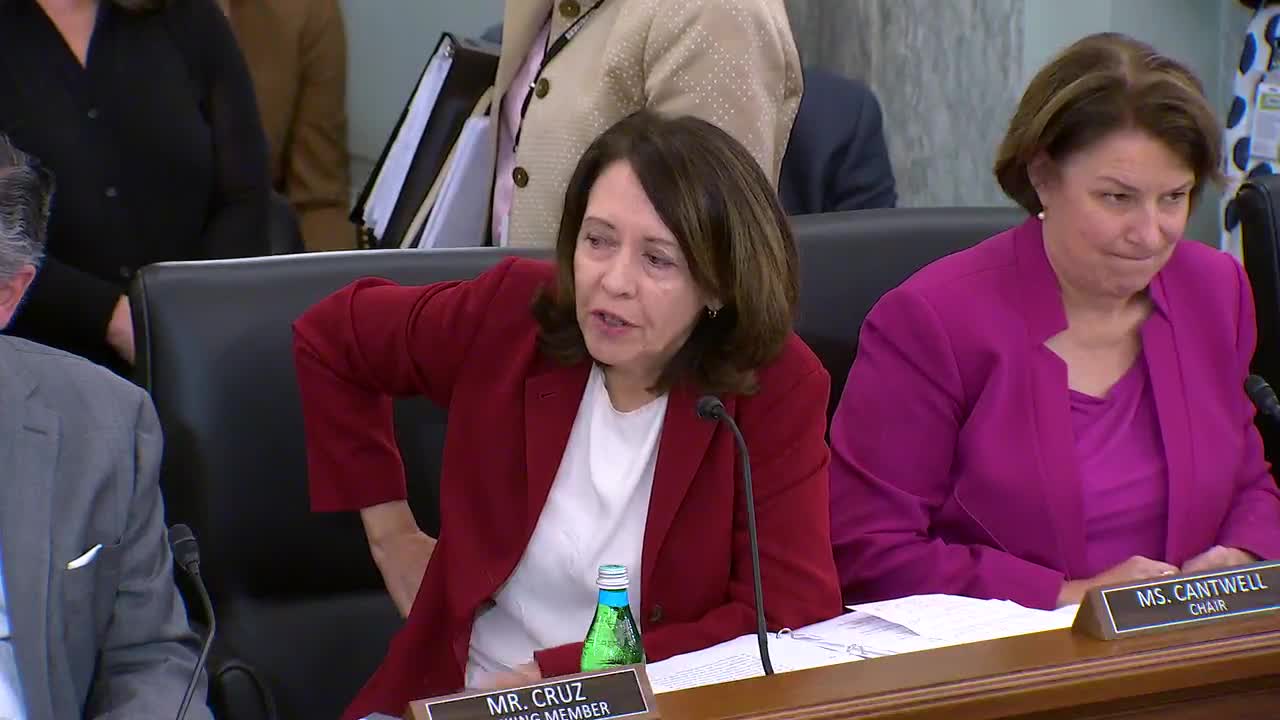Senators clash over broadband funding and Huawei replacement
July 31, 2024 | Commerce, Science, and Transportation: Senate Committee, Standing Committees - House & Senate, Congressional Hearings Compilation, Legislative, Federal
This article was created by AI summarizing key points discussed. AI makes mistakes, so for full details and context, please refer to the video of the full meeting. Please report any errors so we can fix them. Report an error »

Senator Wicker's bill, which has garnered bipartisan support, seeks to streamline efforts to enhance broadband infrastructure. However, tensions arose as some members pushed for amendments that would allocate additional funding for the rip and replace program, which aims to eliminate Huawei equipment from U.S. networks. Senator Schmidt argued that his amendment, which would provide $3 billion for this initiative, had widespread support and should be included in the current bill. He emphasized the urgency of addressing national security risks posed by existing Huawei technology in rural areas.
Despite the push for amendments, some senators expressed concerns about the potential for the discussion to devolve into a broader debate on spectrum policy, which could complicate the bill's passage. Senator Tester raised issues regarding the lack of clarity on how the proposed amendments would be funded, particularly in relation to the Affordable Connectivity Program (ACP), which provides internet access to millions of Americans, including veterans.
The committee ultimately agreed to proceed with a vote on the Schmidt amendment, despite ongoing disagreements about its implications and funding sources. Senator Welch also proposed an amendment to secure $7 billion for the continuation of the ACP, highlighting the program's critical role in ensuring affordable internet access for underserved populations.
As the meeting concluded, the committee's ability to navigate these complex issues remains uncertain, with members acknowledging the need for collaboration to address both broadband expansion and national security concerns effectively. The outcome of the votes on these amendments will significantly impact the future of broadband policy and connectivity efforts across the country.
View the Full Meeting & All Its Details
This article offers just a summary. Unlock complete video, transcripts, and insights as a Founder Member.
30-day money-back guarantee
